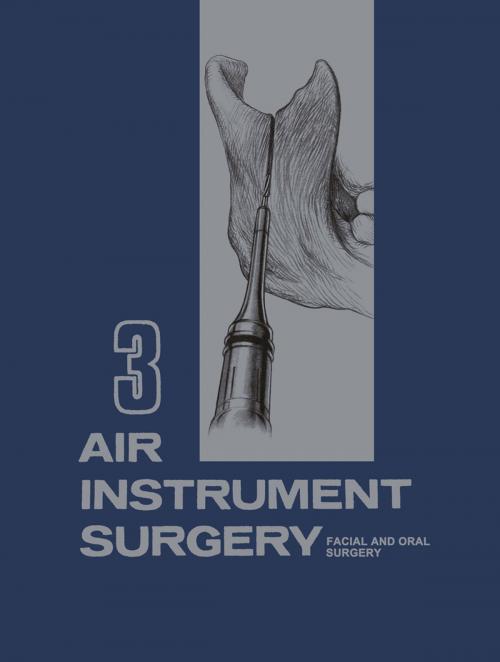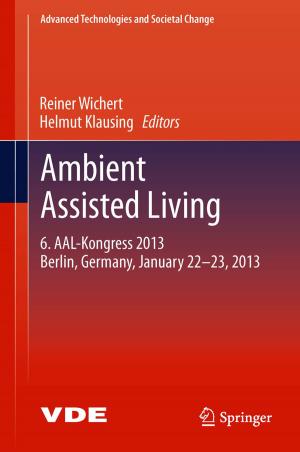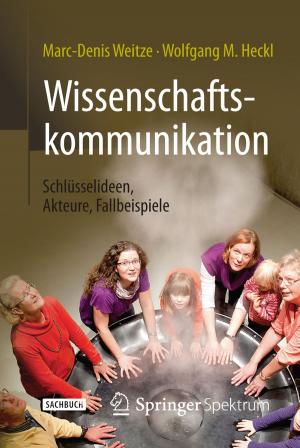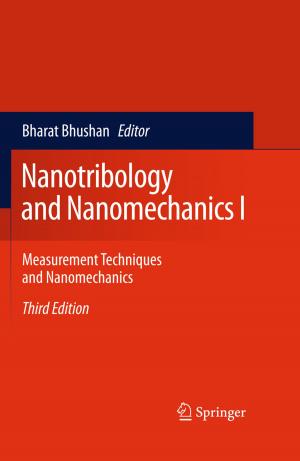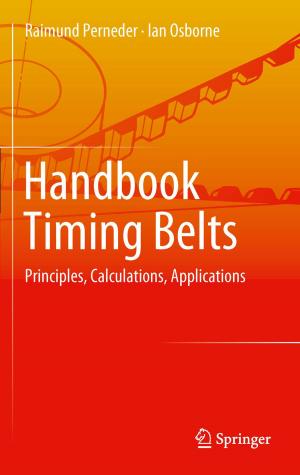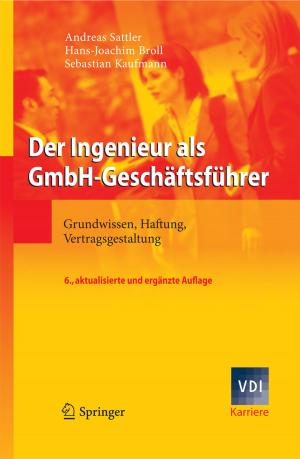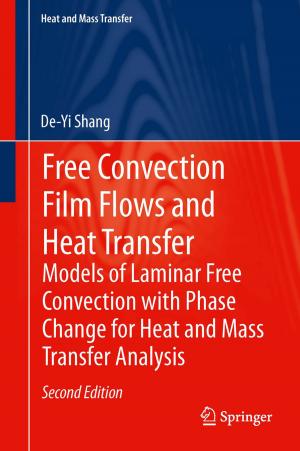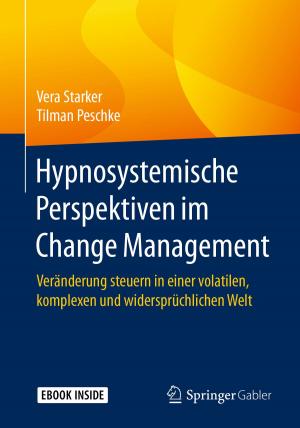Air Instrument Surgery
Vol. 3: Facial, Oral and Reconstructive Surgery
Nonfiction, Health & Well Being, Medical, Surgery, Oral & Maxillofacial, Reference, History| Author: | ISBN: | 9783642655630 | |
| Publisher: | Springer Berlin Heidelberg | Publication: | December 6, 2012 |
| Imprint: | Springer | Language: | English |
| Author: | |
| ISBN: | 9783642655630 |
| Publisher: | Springer Berlin Heidelberg |
| Publication: | December 6, 2012 |
| Imprint: | Springer |
| Language: | English |
The use of the compressed air-driven turbine for the activation of surgical burs and saws as developed by Dr. Robert M. Hall has been a boon for the plastic, max illofacial, and oral surgeon. The development of air instrument surgery coincided with the opening of new vistas in surgery in the area of craniofacial surgery. Cranio facial osteotomies for orbital (ocular) hypertelorism, for the deformities of cranio stenosis (Cronzon's disease, Apert's syndrome) and subcranial osteotomies at various levels of the facial skeleton have brought about dramatic improvements in the form of the facial substructure in patients with gross deformities. In many of these maxillofacial deformities the facial skeleton and dento-alveolar processes must be advanced, recessed or expanded in the lateral dimension. In such cases maloc clusion of the tceth is usual; this is corrected by intermaxillary fixation of the mo bilized bony structures which also reestablishes adequate relationships between the dento-alveolar processes of the upper and lower jaws. This brings us to the subject of surgical orthodontics, a field that is just beginning to expand; its development should bring about closer collaboration between surgeon and orthodontist, resulting in rapid and efficient improvement of malocclusion. The absence of vibration characteristic of the air-driven turbine, in contrast to the mechanically driven drill, allows the surgeon to carry out delicate and precise surgical procedures with less fatigue to himself.
The use of the compressed air-driven turbine for the activation of surgical burs and saws as developed by Dr. Robert M. Hall has been a boon for the plastic, max illofacial, and oral surgeon. The development of air instrument surgery coincided with the opening of new vistas in surgery in the area of craniofacial surgery. Cranio facial osteotomies for orbital (ocular) hypertelorism, for the deformities of cranio stenosis (Cronzon's disease, Apert's syndrome) and subcranial osteotomies at various levels of the facial skeleton have brought about dramatic improvements in the form of the facial substructure in patients with gross deformities. In many of these maxillofacial deformities the facial skeleton and dento-alveolar processes must be advanced, recessed or expanded in the lateral dimension. In such cases maloc clusion of the tceth is usual; this is corrected by intermaxillary fixation of the mo bilized bony structures which also reestablishes adequate relationships between the dento-alveolar processes of the upper and lower jaws. This brings us to the subject of surgical orthodontics, a field that is just beginning to expand; its development should bring about closer collaboration between surgeon and orthodontist, resulting in rapid and efficient improvement of malocclusion. The absence of vibration characteristic of the air-driven turbine, in contrast to the mechanically driven drill, allows the surgeon to carry out delicate and precise surgical procedures with less fatigue to himself.
